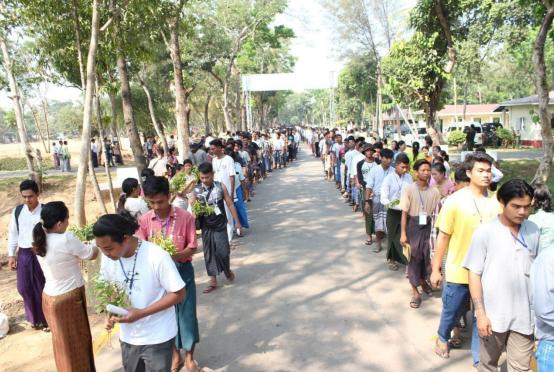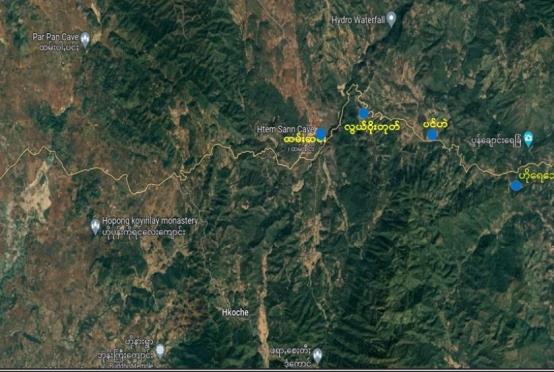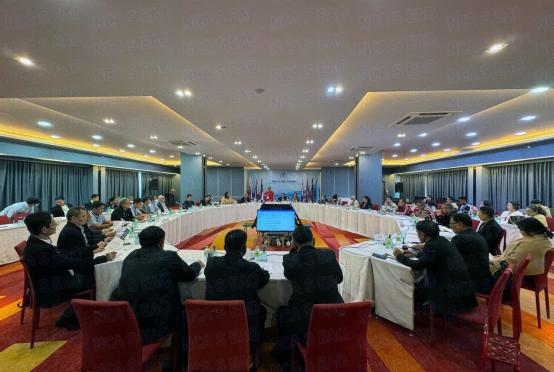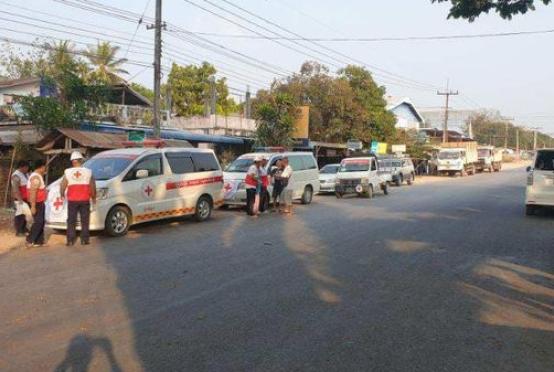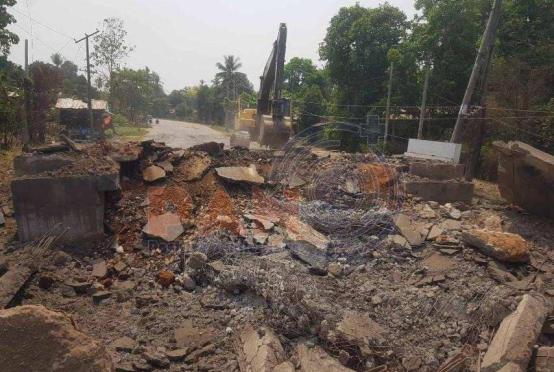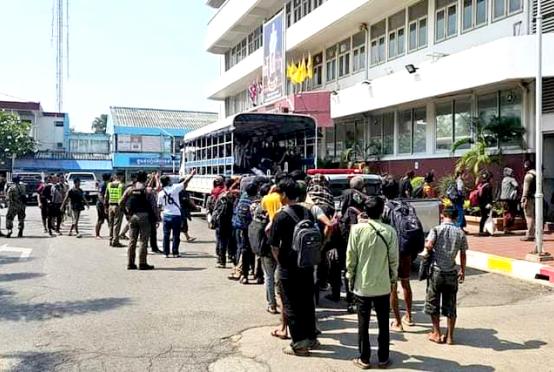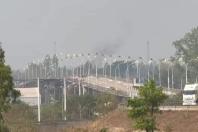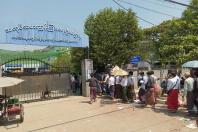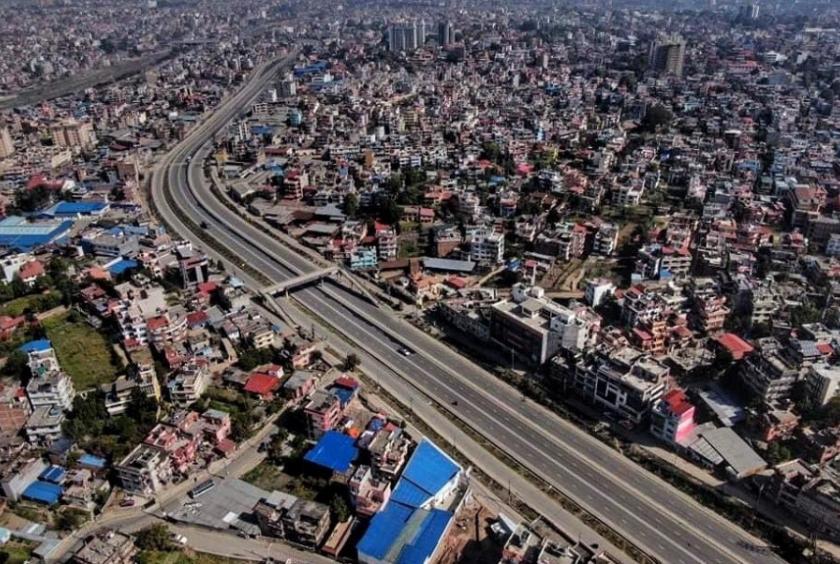
The Kathmandu Post/ANN - In Kathmandu Valley, the first day of the weeklong nation-wide lockdown was bright and sunny, with birds chirping in the balmy spring weather. The streets, however, were eerily empty, with no traffic and no pedestrians. The only vehicles were the occasional ambulance, water tankers and security vehicles.
From department stores, restaurants and shopping complexes to grocery stores and tea shops, all remained closed as the government-mandated nationwide lockdown, announced on Monday, came into effect.
Although the government had asked everyone to remain indoors, both the curious and the panicked were out on the streets in the early morning in various parts of the city, accompanied occasionally by the nonchalant. Many neighbourhood shops had opened in the early morning, allowing residents to get some last-minute shopping done. But once the day set in, most remained indoors or inside their compounds, basking in the sun, watching television and trawling social media.
“My parents allowed me to come here to play cricket with my brother, as there were no people around here,” said 12-year-old Raju Gautam, who was found playing cricket with a few of his friends in a Kupondole alley.
Those on the streets were stopped by security officials and asked to go home unless they had prior permission or a medical issue. No one was fined, the police said.
Although the government had stated that stores selling essential items would remain open, none was open throughout the day, but a few opened in the evening.
Some shopkeepers said that they closed their shops fearing the transmission of Covid-19 while others said they just didn't have enough goods to sell.
“Right after the government announced the lockdown, there was a horde of people shopping. They emptied our shop on Monday and now we don't have salt, edible oil, beaten rice or vegetables,” said Mathura Khanal, a retail shop owner in Dhobichaur.
“As it was a total lockdown, we could not go to Kalimati to get green vegetables.”
The government announced a complete lockdown on Monday, following a partial lockdown on Sunday, after the identification of a second case of Covid-19 in the country. The lockdown has been announced until March 31 but could be extended given how things progress.
Himal Subedi, a retail shop owner in Bakhundole, had only opened one door of his shop but he too was running low on rice, egg, edible oil and water. He had to send half a dozen people away without water, he said.
“Despite the coronavirus, I have half opened my shop as I have to pay rent. If I open up fully, the virus could get inside,” said Subedi. “During the earthquakes [of 2015], you could at least go to a safer place or run out into the open. There’s no escape from the coronavirus.”
The emptiness in the Valley might also have to do with the fact that a large number of people have deserted the city for their hometowns. According to the Metropolitan Traffic Police Division, in four days until Sunday, 465,972 people left the Kathmandu valley. The government had enforced a restriction on all long-haul movement, before the lockdown was announced.
According to Senior Superintendent and Chief of the division Bhim Prasad Dhakal, only those with passes from the District Administration Office were allowed on the roads.
“Vehicular movement came to a halt on Tuesday. Traffic police were mobilised round the clock to keep people inside. We’ve blocked all kinds of public movement, except for emergencies,” said Dhakal.
The lockdown will be stricter on Wednesday, said Janak Raj Dahal, the Kathmandu chief district officer.
“We won’t let anyone come out of their homes from Wednesday onwards,” he said. “The only way to protect people from the spread of Covid-19 is to stop them from moving around.”

